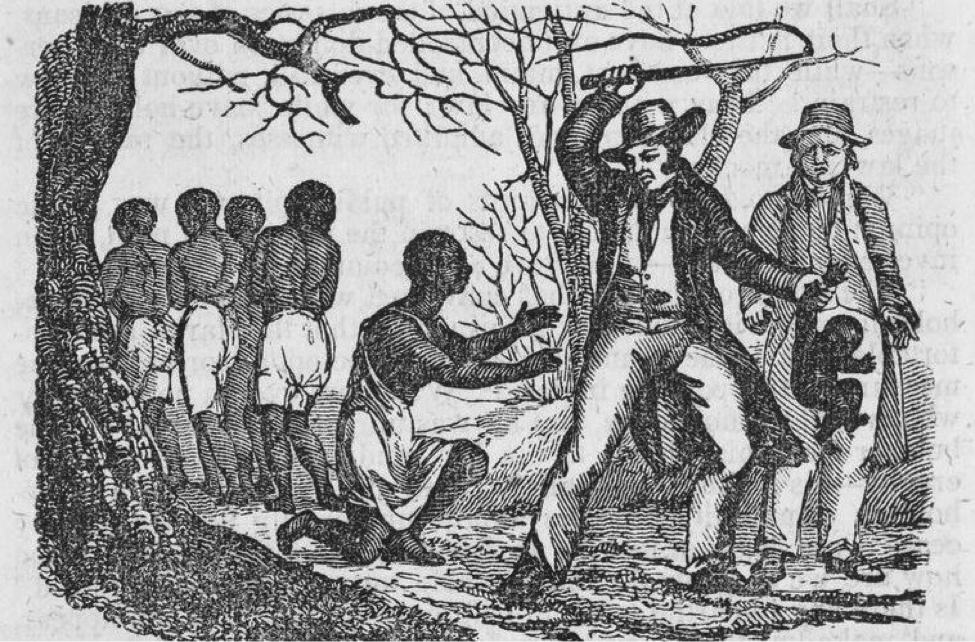What is so dangerous about history? Why do people in power deny what happened in the past?
In the United States we have a two-party political system. One party is the Democratic Party; the other is the Anti-Democratic Party, which calls itself the Republican Party. With the defeat of Donald Trump and the election of Joe Biden as president, the country has clearly shifted slightly to the left, anxious to deal with its serious problems, including racism, police violence, the Covid-19 pandemic, failing infrastructure, and the crisis over immigration. Because of the unpopularity of their policies – tax cuts for the rich, opposition to the welfare state, and fealty to the spreader of lies, Donald Trump -- the Republicans have realized that in order to win future elections they must restrict the number of people who can vote, particularly minorities like African-Americans, Asians, and Hispanics. In state legislatures where they control a majority, the Anti-Democratic Party is pushing through laws that will make it harder for ordinary people to vote. And they continue to fight any effort to limit the power of private money to influence elections.
But even as it is attacking democracy, the Right has taken on another enemy: history itself. In the Congress Republicans have decided to oppose the creation of a commission to investigate the January 6, 2021 insurrection by supporters of Trump to prevent the certification of the legitimate election of President Biden. Fearful of what that examination will reveal about Trump’s instigation of the mob and the support of the rioters by Republican members of Congress, the party leaders are working hard to suppress a deep inquiry into the day’s events. Like their fellow opponents of the people’s will all over the world, the anti-democrats fear the truth.
What is so dangerous about history? Why do people in power deny what happened in the past? In the state of Texas, which is controlled by the Republicans, the House passed a bill to create a committee to “promote patriotic education.” Republicans oppose teaching about the slave-owners who organized the rebellion against Mexico in the 1830s that led to Texas independence and eventual union with the United States. Mexico had abolished slavery seven years before the “Americans” declared independence in 1836, but once they gained their independence the White Texans reinstated the bondage of Black people. The Texas Rangers, heroes of many Western films, it has been revealed, participated in lynchings of African-Americans, and a prominent statue of a ranger was removed from the Dallas airport. Fortunately, there are two sides in this struggle – the denialists and the truth-seekers.

Republicans and other conservatives have condemned as propaganda the 1619 Project, an initiative of the New York Times Magazine named for the year that the first slaves were brought to the American colonies. The aim of the project is radical indeed. As stated in their opening editorial, “The goal of The 1619 Project is to reframe American history by considering what it would mean to regard 1619 as our nation’s birth year. Doing so requires us to place the consequences of slavery and the contributions of black Americans at the very center of the story we tell ourselves about who we are as a country.” Recently the prize-winning author of the project, Nicole Hannah-Jones, was refused tenure at the University of North Carolina, for her promotion of this new approach to the hidden past of the “leader of the Free World.” The battle over the past rages across the country -- in Texas, North Carolina, Louisiana, New Hampshire, Tennessee, Idaho, and other Republican-dominated states. But it is not contained to the United States alone.
The Turkish state’s failure to recognize the Armenian Genocide; the Israeli myths about the origins of the Palestinian refugees; the Hindu nationalist rewriting of Indian history to demonize Muslims; the Japanese refusal to acknowledge the war crimes of Imperial Japan in Korea, China, and other parts of Asia – all are examples of turning one’s back on history. Knowing the past appears to be toxic to the powerful who are nourished by narrow, narcissistic nationalism. History, in other words, is a subversive science. It undermines unexamined assumptions about one’s country; it is the enemy of what is taken to be common sense. For the anti-democrats everywhere ignorance of the past and denial of what has happened are the weapons they deploy to stay in power and preserve their privileges.
One may ask: why bother about history? Why concern yourself with the truth when it makes you so uncomfortable? Isn’t it safer to live in fictions and myths? Many religions, including Islam and Christianity, teach this simple phrase: “You will know the truth, and the truth will make you free.” All of science seeks the truth, and a radical French philosopher, Régis Debray, critical of those forgetting the past and the future, once said, “Truth is revolutionary.” Attention must be paid to what has happened in the past, how it has shaped us, determined the present, and suggests possible futures. History cannot be avoided. If ignored, denied, or suppressed, reality has a nasty habit of biting back. The serious and fearless study of history empowers us, keep us in touch with evolving realities, and arms us with the tools to struggle for democracy and a freer life.

